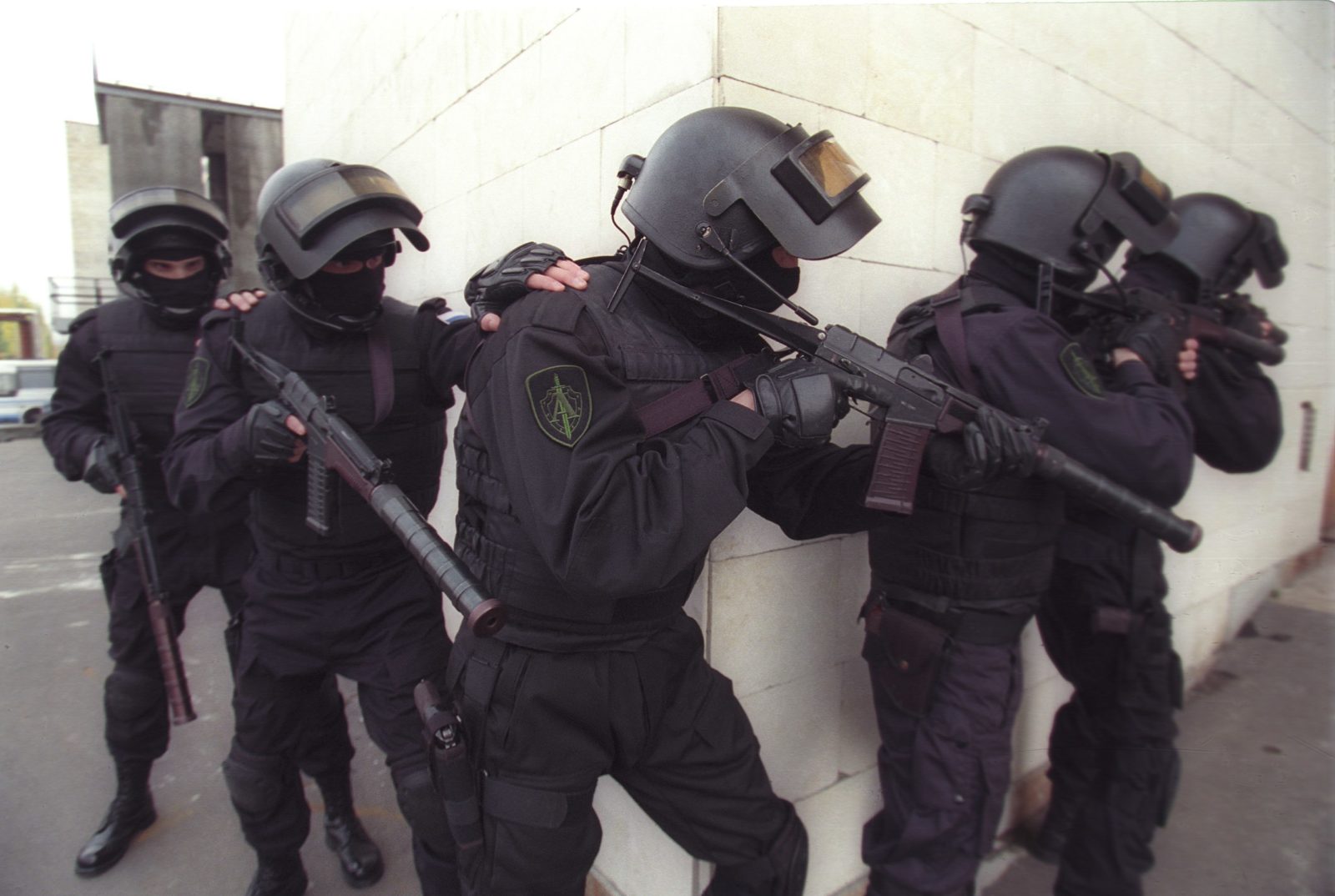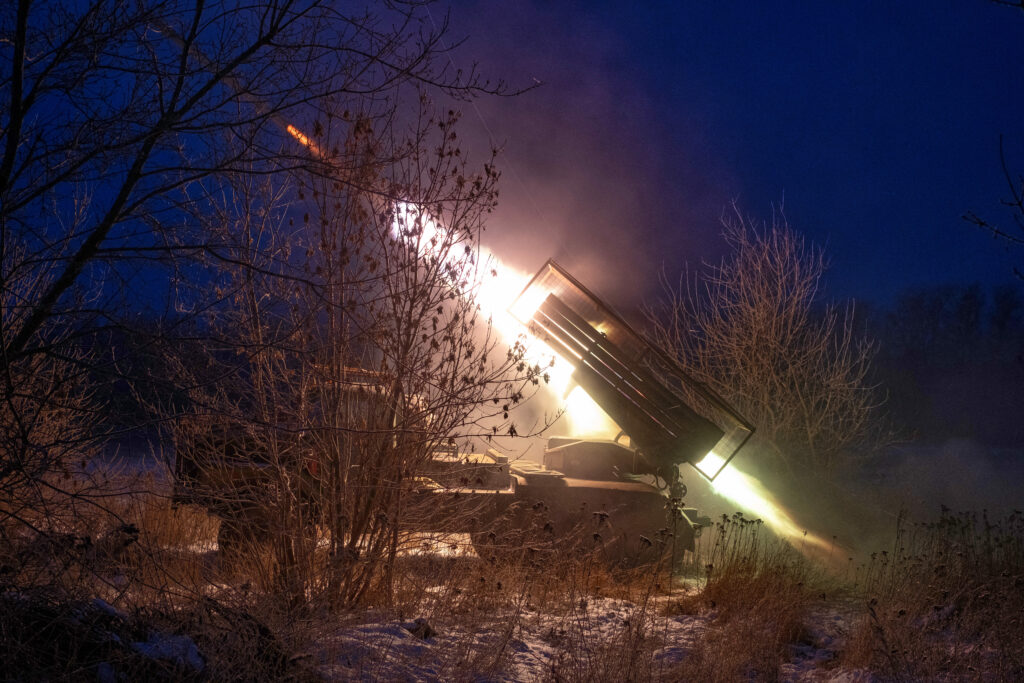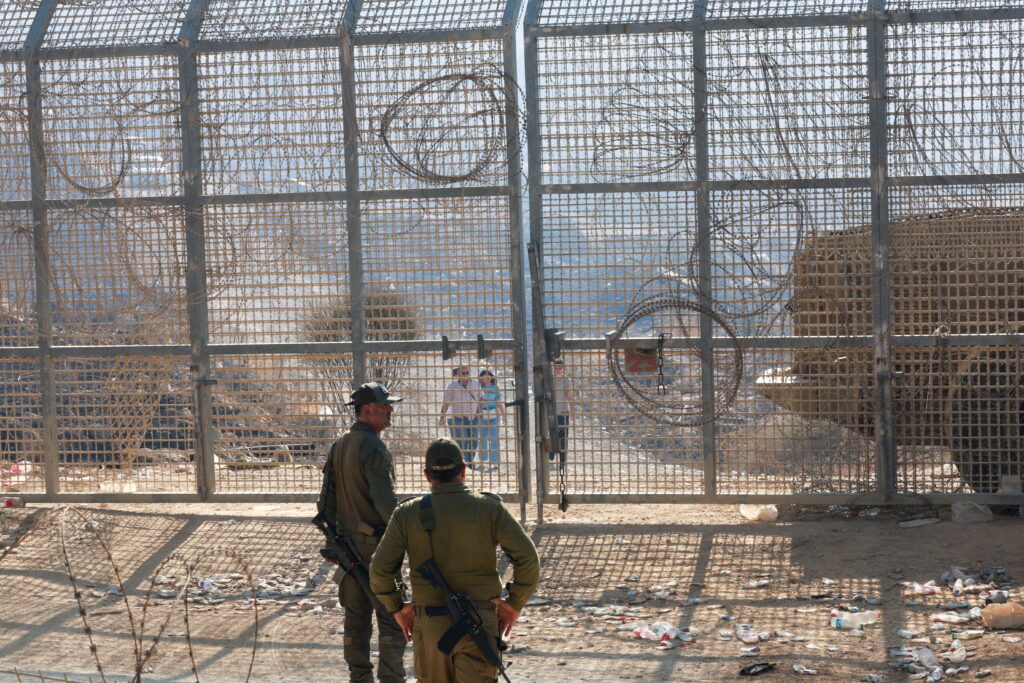On 22 December, Russian Defence Minister Sergei Shoygu announced the withdrawal of most Russian troops from the territory of the Syrian Arab Republic. Foreign analysts and even more so their Russian counterparts called the end of the operation in Syria a partial victory, but also noted that peace in this country is still a distant prospect.
The near-complete elimination of the ‘Islamic State’ in Syria and Iraq has not, however, reduced the terrorist threat internationally or domestically. On the contrary, Russian citizens returning home after fighting on behalf of jihadist forces such as the Islamic State bring an additional danger with them. Today, it is still not quite clear how Russia will respond to this new terrorist threat model.
On 24 December, the Head of the Chechen Republic, Ramzan Kadyrov, announced that nearly 100 women and children had been brought back to Russia from the territories formerly controlled by the Islamic State. Most probably, those women had either gone to support Jihadist forces in Syria and Iraq together with their husbands, or proactively found a ‘husband’ among the militants. Most likely, their men had already been killed, captured, or fled the battlefield, leaving their families behind. Overall, between one and a half and several thousand Russians took part in the battles on the Islamist side. After the territorial defeat of the Islamists in Syria and Iraq, the surviving ISIS supporters will be heading home. However, not everyone has been as ‘lucky’ as the children and women saved by Kadyrov. Many of them could have been killed, or turned into suicide bombers by ISIS terrorists, while others, for example, Varvara Karaulova, were sentenced to imprisonment in Russia. In addition to Karaulova, about 400 people were convicted by civil courts alone in the first half of 2017. These facts show that Russia has no clear policy towards either former or potential members of terrorist groups.
The Risks of Imprisonment
On the one hand, according to Russian law, all women and even children removed from the ISIS-controlled territory should be accused of violating Article 205.5 section 2 of the Criminal Code of the Russian Federation (punishable by 10 to 20 years of imprisonment).
However, practice shows that this brings the opposite effect: imprisonment of terrorists and their supporters further radicalises Islamists and allows them to enlist supporters in prison. For example, Abu Bakr al-Baghdadi was detained in the American Camp Bucca in 2004, whence he was released along with other ‘low-level prisoners’. Torture, harsh living conditions and collective imprisonment created a favourable environment for the radicalisation of Muslims and the recruitment of new supporters. For example, Abu Omar al-Shishani, an ISIS fighter of Georgian origin, a former sergeant of the Georgian army, was kept in prison for illegal possession of weapons. According to his father, it was there that he became an Islamic fundamentalist and left for Turkey after being released. This means that the imprisonment of terrorist supporters in Russian prisons is unlikely to be of any use except for ensuring temporary isolation. An extensive network of support, including financial assistance, strict ideology and interpretation of religious texts can support Islamists more effectively than the criminal world and its rules.
On the other hand, the policy pursued by the head of Chechnya, i.e. his admission of women and children, also entails a risk. This approach has the same disadvantage as criminal prosecution, i.e. a lack of clarity. People who return from the former ISIS-controlled territories have varying degrees of commitment to jihadist ideas. Some women who followed their husbands, or believed in the jihadist propaganda, could have become hostages of terrorists once they realised the real state of affairs and the standard of living in the Islamic State. Such people pose no threat and can be useful in anti-terrorist information campaigns in the media. However, other women may be even more dangerous than male terrorists, who are the main fighters of the Islamic State. These women couldhave been dealing with the media and street propaganda, supporting and motivating male terrorists, fighting and performing policing tasks in the all-female Al-Khansaa Brigade. In other words, the returning women might be either victims of jihadist propaganda or hidden ISIS supporters.
There is even less clarity as regards the children who spent several years within ISIS-controlled territory. ISIS terrorists do not only abduct children from the most disadvantaged minorities and recruit street children, but they also admit children from their supporters’ families, who either hand their kids over voluntarily or do so in exchange for money and other material benefits. The children are then placed in special short-term camps and taught fundamentalist rules; and children who are most suitable for battles are also identified there. Even the children who were not sent to terrorist camps nevertheless saw people being stoned to death or executed and they witnessed other acts of violence.
However, the ISIS children have a different perception of violence than children formerly used for terrorist purposes by other organisations. One of the ideologists behind ISIS and its cruelty was the al-Qaida propagandist Abu Bakr Naji, who rationalised the need for extreme savagery in order to achieve the goals of jihad. Accordingly, the modern ISIS children are characterised by increased psychological resistance to violence, whether witnessed or pursued, since they see it as the norm and a necessary tool to maintain order.
In Russia, these children will be excluded from their peer groups and might lag behind others in terms of mental development. It is obvious that during those few years they did not study mathematics, the Russian language and literature to the Russian educational standards. Moreover, the data available today show that the regular education of children in ISIS schools was militaristic and aimed at normalising violence. Thus, children who are coming from the former ISIS-controlled territories do not necessarily see themselves as victims. They underwent some of their socialisation during the life in the Islamic State, and radical Islam influenced their perception of their place in the world, especially if their parents supported the terrorists.
One of the most effective ways to de-radicalise and reintegrate former ISIS supporters is to work with their families. For example, the Radicalisation Awareness Network research centre at the European Commission recently developed a one-hundred-page recommendation to EU member states on supporting families of returning ISIS members in order to prevent them from turning violent. In contrast, the overall inefficiency of law enforcement agencies in Russia complicates the task of de-radicalisation. While some law enforcers in the Caucasus participate in armed clashes with mobilised armed militants, their office-based colleagues use co-operative relatives for repressive purposes. The cases of Varvara Karaulova and Evgenya Efimova provide a good illustration that Russian law enforcers are more inclined to instigate criminal cases and arrest likely ISIS supporters rather than to contact them in order to achieve de-radicalisation and combat recruiters.









